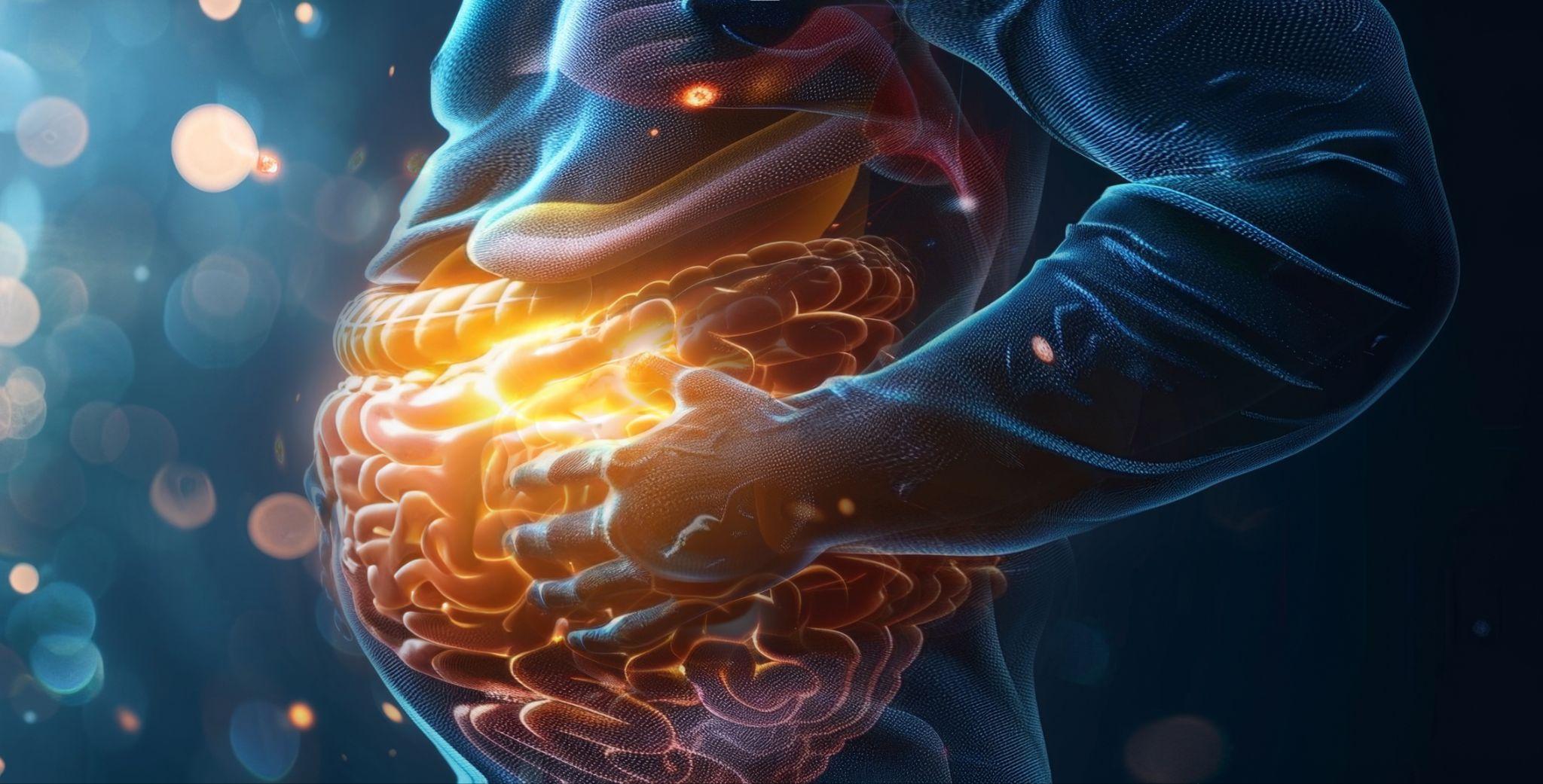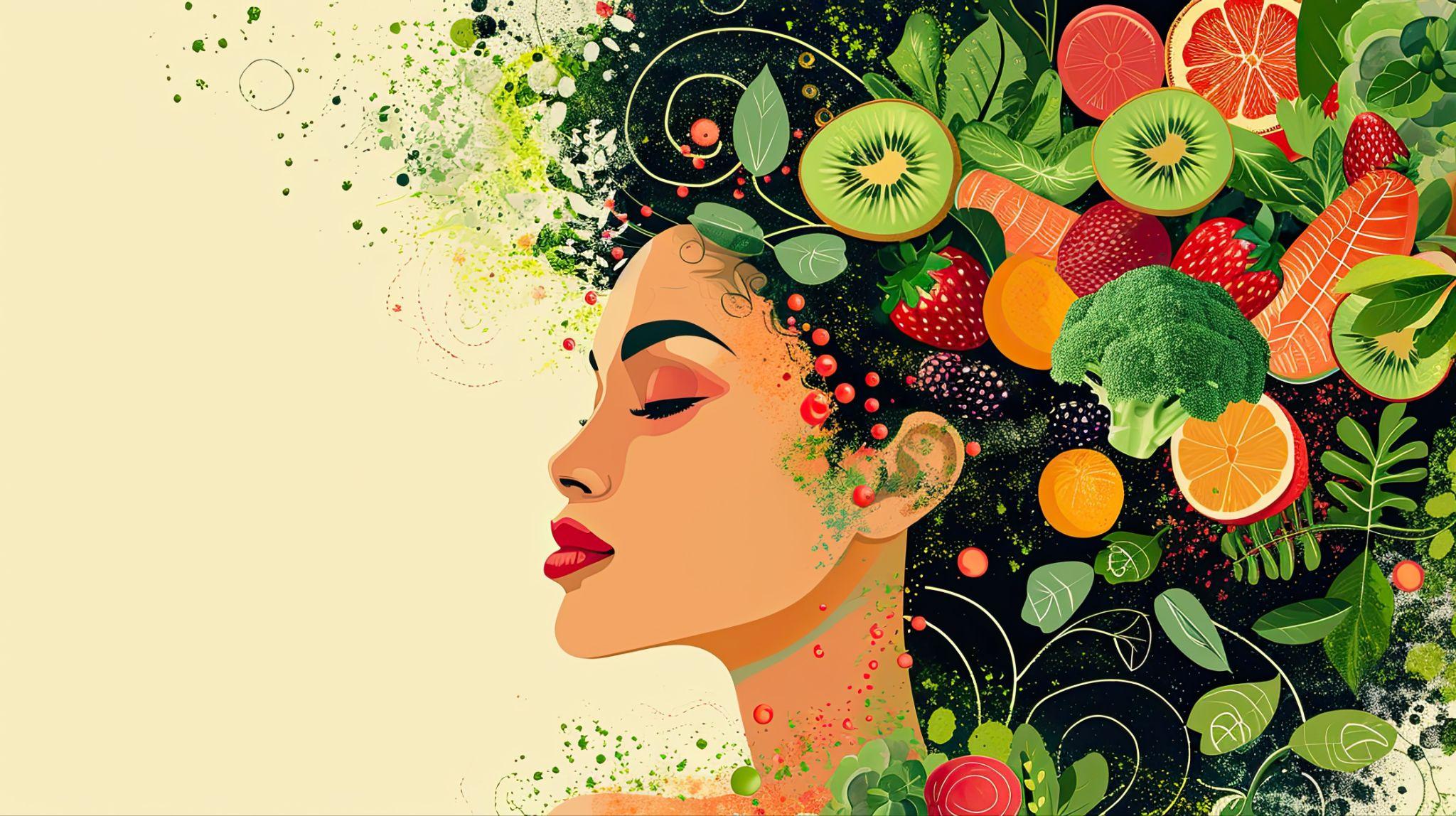The Future of Brain Health
5 Key learnings from 2023
By Austin Perlmutter, MD
Over the last several days, I had the honor of attending and presenting at the annual Personalized Lifestyle Medicine Institute Conference. This year’s theme was “neuroimmunity,” which meant the focus was squarely on brain health. Speakers at the conference included some of the world’s leading researchers and clinicians on the brain, and the presentations were nothing short of outstanding. I’d like to share with you 5 of the top predictions for the future of brain health that will revolutionize the field.
1. Alzheimer’s disease will be optional
Perhaps the most remarkable talk given at the conference came from Dr. Dale Bredesen, a neurologist, author (The End of Alzheimer’s) and brain researcher. Dr. Bredesen has spent his life trying to understand what’s going wrong in the brain in Alzheimer’s disease and how to prevent and reverse the process. His compelling research includes reports of the first survivors of Alzheimer’s disease—people who have reversed their declines to re-establish clear thinking for years to come. Dr. Bredesen shared his take on a “unified theory of Alzheimer’s disease,” proposing that the condition is driven by immune activation, toxin exposure, brain energy issues and lack of neurotrophic support (neurotrophins are brain-boosting molecules like brain-derived neurotrophic factor). The implications of Dr. Bredesen’s research are absolutely incredible. As someone who has lost several grandparents to Alzheimer’s disease, I am so empowered by the message that there are now tools to prevent and potentially even reverse this condition.
2. Psychedelics will become a key component of brain care.
You may have heard me speak or read my work on psychedelics and brain health. But I was heartened to listen to a lecture by pediatric neurologist Dr. Maya Shetreat describing the role of psychedelics not only as interventional tools for brain conditions like depression, anxiety, addiction (as well as potentially autoimmunity and other immune conditions), but also as portals to reconnecting with something larger than ourselves, a connection that may turn out to be essential to mitigating the disconnection that is so rampant today. Importantly, Dr. Shetreat was not suggesting that all people would benefit from psychedelics, but rather for the right person, in the right set and setting, certain psychedelics might provide valuable options for brain-specific issues, a sentiment I fully agree with.
3. Harnessing the power of the brain’s immune system will transform brain health outcomes
You may have heard me speak about the power of the immune system to transform our brain health for the better and the worse. It’s become abundantly clear that this science is going to dramatically change how we see brain diseases and brain optimization in the years to come. Multiple speakers at the conference dove deep into this concept. Here are a couple central aggregating ideas. First, roughly half of the cells in our brains are glial cells, and one type of glial cell (roughly 15% of all our brain cells) is the microglial cell, an immune cell that creates and responds to things like inflammation. Second, the relative state of activation of our brain’s immune system is thought to drive conditions like Alzheimer’s, depression, and may even affect impulsivity. Third, as we age, our brain’s immune systems may adopt a more pro-inflammatory state, and this may significantly contribute to age-related brain diseases like dementia. Lastly, our brain’s immune system is modifiable based on our lifestyle decisions.
4. The gut-brain axis and vagus nerve will remain central to our understanding of how to reprogram our brains
It’s very likely that you’ve heard of the gut-brain connection. You’ve also probably heard about the vagus nerve, and the key role it has in connecting the gut with the brain. Many speakers at this year’s conference focused specifically on the importance of how what happens in our gut can impact our brains (key variables include the gut immune system, the gut microbiome, the food we eat, and the permeability or “leakiness” of the gut barrier). We continue to learn about how specific strains of bacteria in the gut, as well as other molecules like short-chain fatty acids (these are produced by bacteria in our gut when we feed them fiber) may influence our brain health. The majority of your immune system resides in the gut, and the programming of the gut immune system may have a significant effect on brain health through several pathways. A major area of focus is also the vagus nerve, which runs from our gut to our brain and back again. The vagus nerve is affected by the relative state of our gut microbiome and gut immune system, and we’re now learning that we may be able to positively alter the function of the vagus nerve through certain stimulation techniques.
5. Epigenetics will allow us to understand “food-is-medicine” in an incredible new light for brain health
For millennia, humans have known that what they eat influences their health and can cure disesase. In the last hundred or so years, we’ve moved into a place of viewing diet as primarily a source of calories and key nutrients to prevent deficiencies. Yet now we find ourselves in a new era of “food-is-medicine,” with the US government, academic institutions and industry alike taking interest in the idea that food can be used to prevent and reverse disease. Despite this positive transition at some of the highest levels, the truth is that most people’s understanding of why food is medicine has been rather primitive. Specifically, when it comes to nutrients linked to health, we’ve relegated the majority of nutrients to the family of “antioxidants,” with the assumption that “antioxidants are good” and this is reason enough to eat more fruits and vegetables. In my presentation at the conference, I discussed new pre-print research from myself and colleagues suggesting that the reason the thousands of phytochemicals (nutrients found in plants) are so powerful for health may have very little to do with antioxidant effects. Instead, plant nutrients may improve health by acting as epigenetic modifiers, meaning that they act to change the way our DNA is used. I’ll explore this topic in detail in future content, but the core idea here is that the science of epigenetics proves that we have far more to say about who we are and our risk for disease than we ever thought possible.
Summary of the 5 Trends:
1. Alzheimer’s Disease Prevention and Reversal:
- Dr. Dale Bredesen’s research suggests Alzheimer’s can be prevented and potentially reversed.
- The disease may be driven by factors like immune activation, toxin exposure, energy issues in the brain, and a lack of neurotrophic support.
2. Role of Psychedelics in Brain Care:
- Psychedelics may serve as interventional tools for conditions like depression, anxiety, addiction, and more.
- They can also reconnect individuals to a broader consciousness, addressing rampant disconnection in society.
3. Power of the Brain’s Immune System:
- About half of the brain cells are glial cells, with 15% being microglial immune cells.
- The brain’s immune system affects conditions like Alzheimer’s and depression, and its activation state can be influenced by lifestyle choices.
4. Significance of the Gut-Brain Axis and Vagus Nerve:
- The connection between the gut and brain, especially through the vagus nerve, plays a pivotal role in brain health.
- Factors like gut microbiome, diet, gut immune system, and the gut barrier can influence the brain. Techniques to stimulate the vagus nerve positively are emerging.
5. Epigenetics and the Power of Food:
- The modern view of “food-is-medicine” is evolving, with a shift from seeing food merely as a source of nutrients to a tool for disease prevention and reversal.
- Phytochemicals in plants may impact health not just as antioxidants but as epigenetic modifiers, influencing how DNA is utilized.
Want FREE access to more life-changing health science from Dr. Austin Perlmutter? Click HERE







